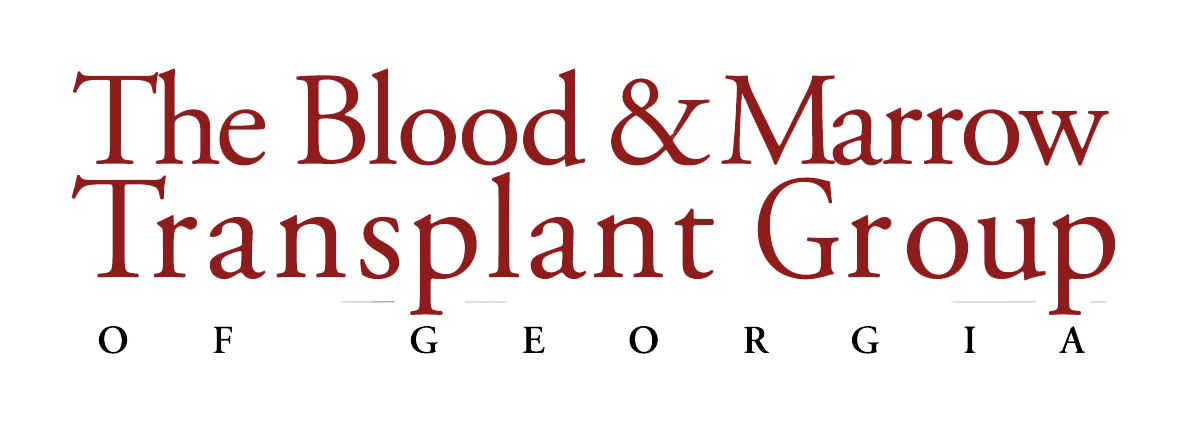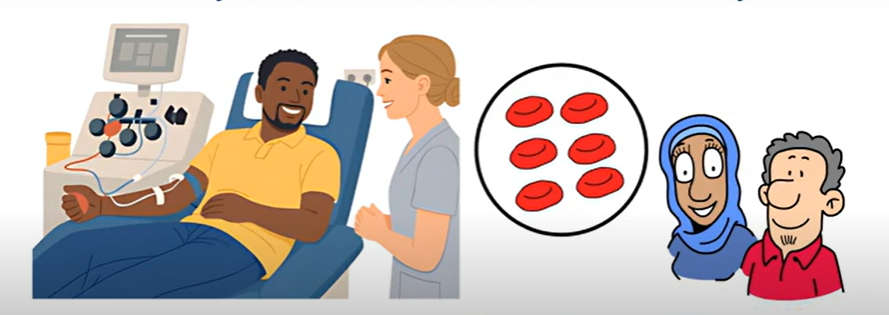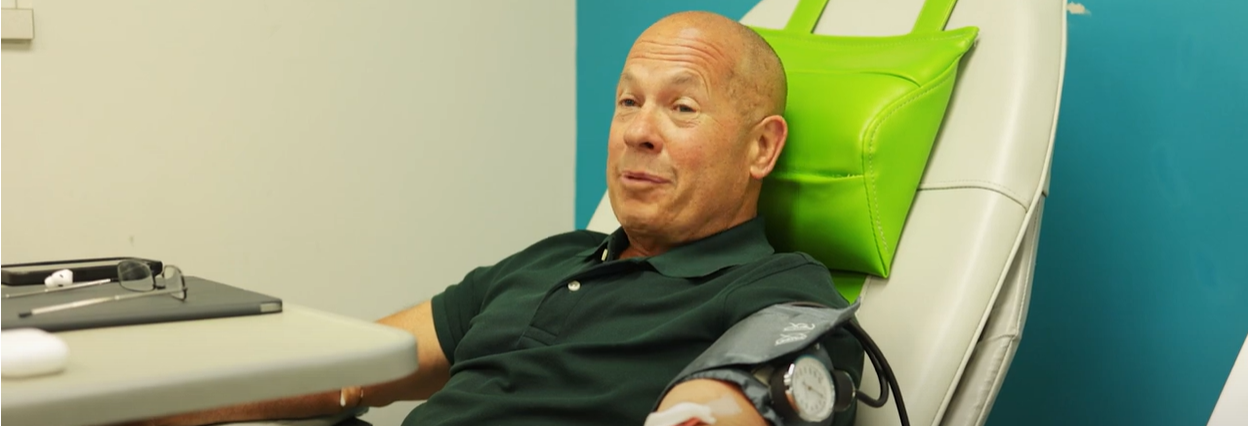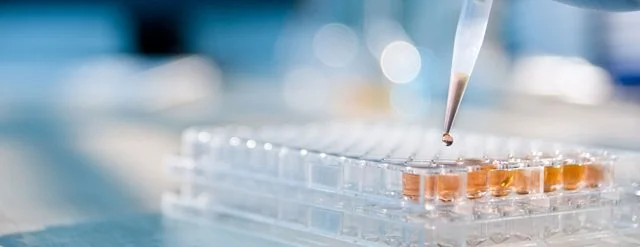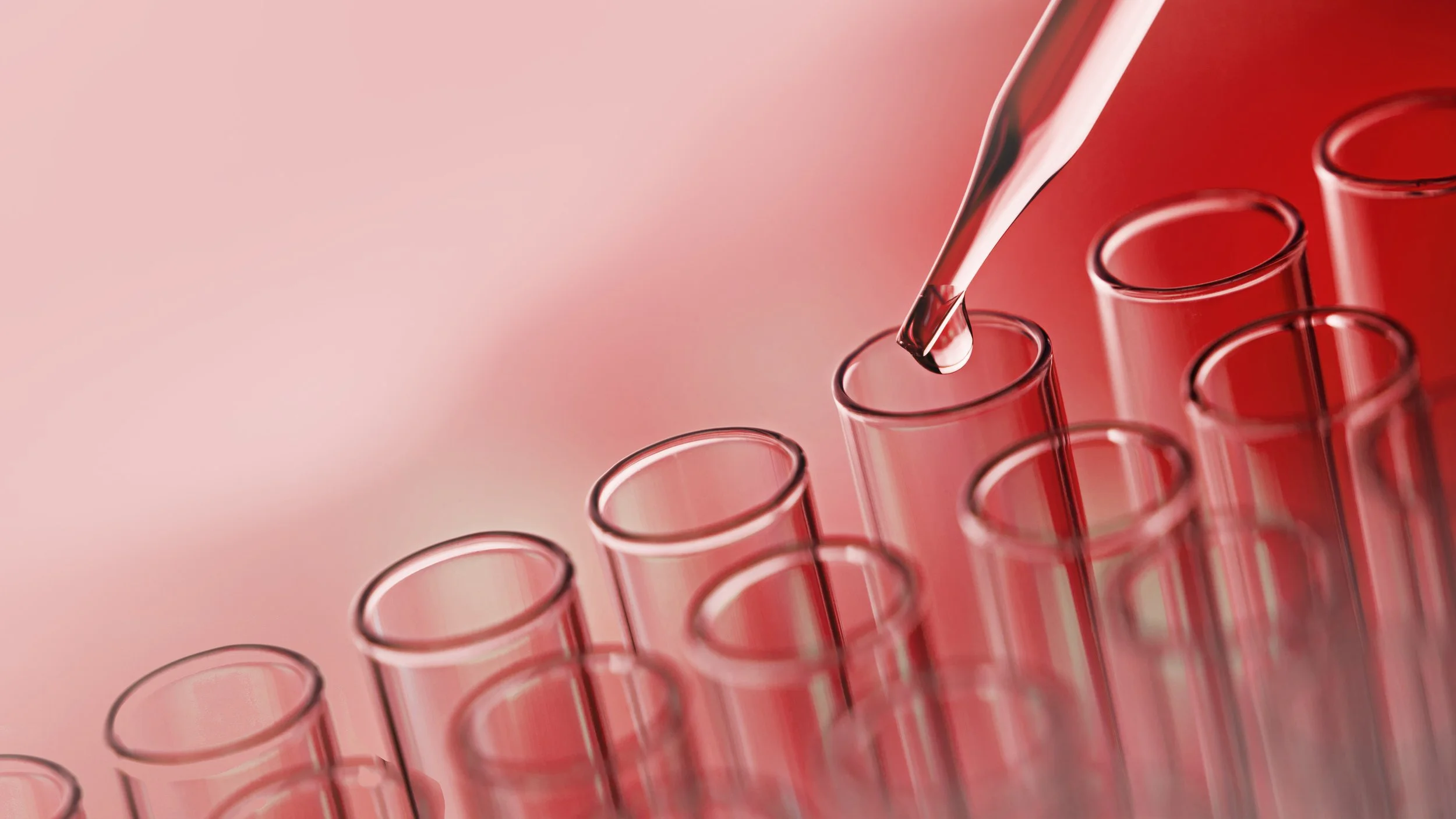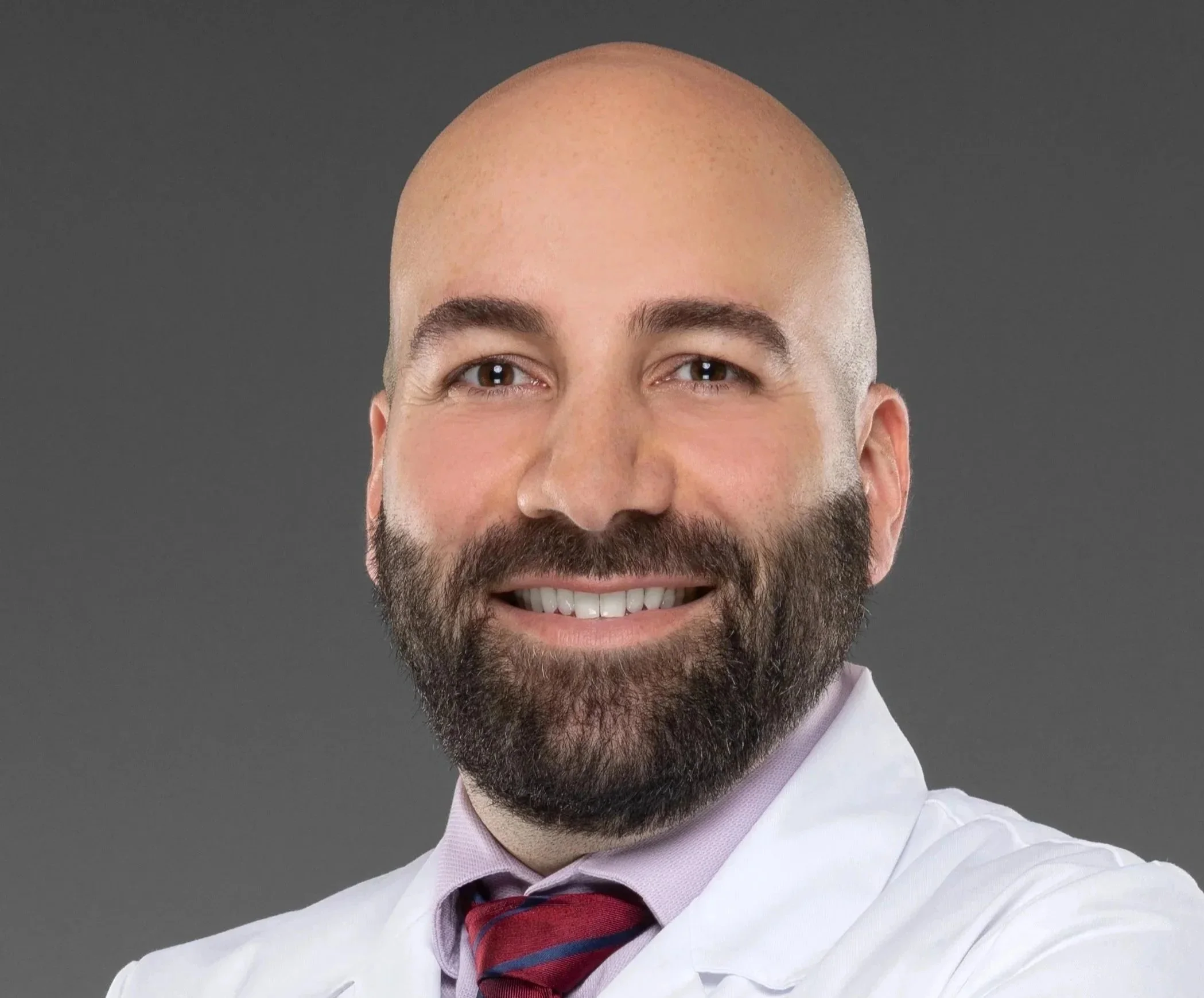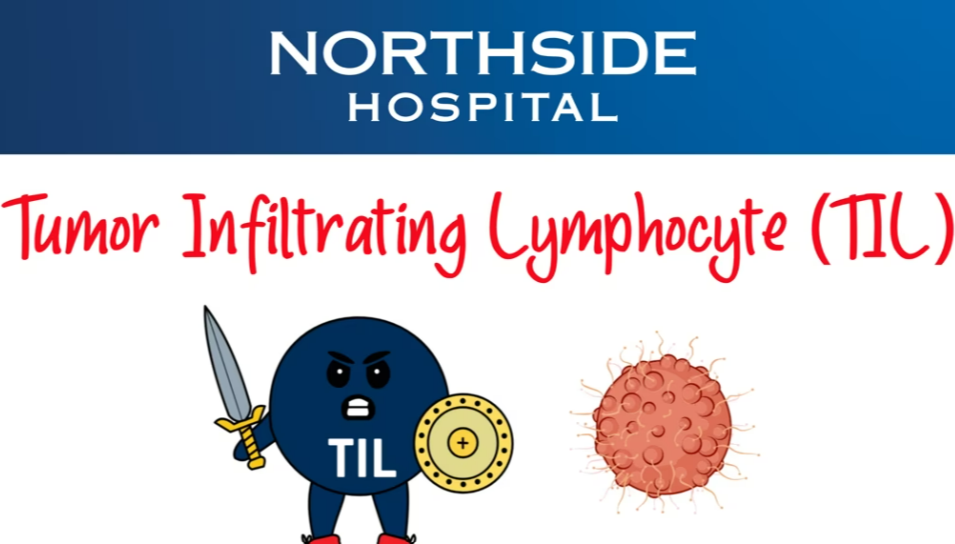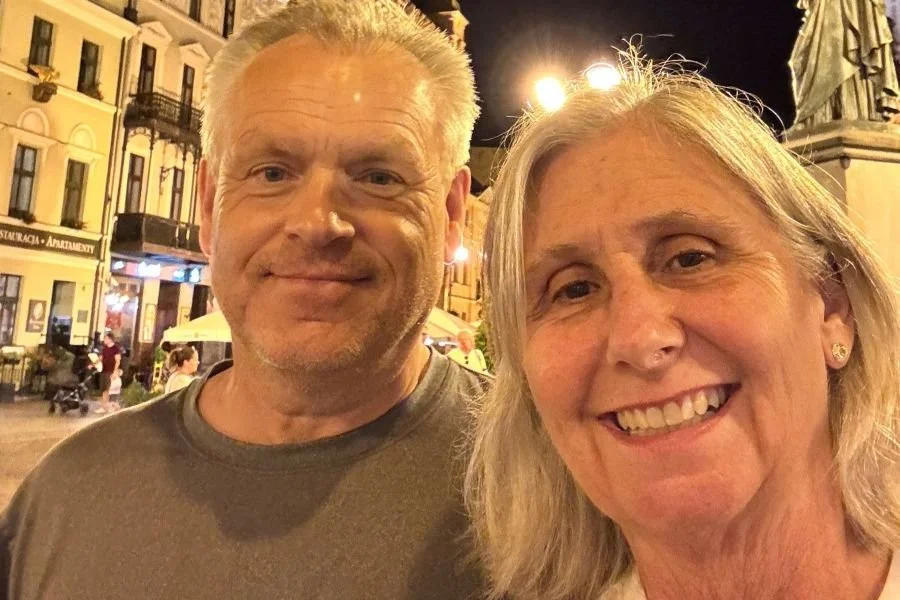The Blood and Marrow Transplant Program at Northside Hospital (NH-BMT) provides the best of both worlds—clinical excellence and compassionate care. We are committed to being the premier program in the Southeast, providing exceptional, state-of-the-art care to patients undergoing acute leukemia treatment, CAR T-cell immunotherapy, and blood and marrow stem cell transplantation. New patient brochure
The Center for International Blood and Marrow Transplant Research (CIBMTR) and the National Marrow Donor Program (NMDP) announce new 2025 allogeneic survival data: Northside BMT has overperformed one-year allogeneic survival outcomes for seventeen consecutive years.
NH-BMT is the ONLY BMT program in the country and the only BMT program in Georgia to have achieved survival outcomes that significantly exceeded the expected survival rate for allogeneic and unrelated donor transplants for the last 17 consecutive reporting cycles (2009–2025) and is one of only 8 national centers (less than 10% of all centers) to over-perform for the current annual reporting cycle.
The program’s actual one-year survival rate, as reported in the December 2025 Center for International Blood and Marrow Transplant Research (CIBMTR) final 2025 Transplant Center Specific Survival Report (page 35, center 151)and nmdp.org, is 78.9%. *
For additional survival data details, visit bmtga.com/bmt-survival-data.
*Survival information includes only patients who received their first allogeneic transplant between January 1, 2021, and December 31, 2023, using unrelated or related donors and who had reported follow-up.
FDA Approves Liso-Cel for Relapsed/Refractory Marginal Zone Lymphoma
The FDA has approved lisocabtagene maraleucel (Breyanzi) for the treatment of adult patients with relapsed or refractory marginal zone lymphoma who have received at least two prior lines of systemic therapy.
Please review Northside Hospital available commercial CAR T-cell products view here.
The regulatory decision was supported by findings from the MZL cohort of the phase 2 TRANSCEND FL trial (NCT04245839), which showed that patients in the intention-to-treat population achieved an overall response rate (ORR) of 84.4% (95% CI, 74.4%-91.7%), including a complete response (CR) rate of 55.8% (95% CI, 44.1%-67.2%). The median duration of response (DOR) was not reached (NR; 95% CI, 25.59-NR).
Celebrating Survivorship at the 2025 Northside Hospital BMT and CAR T-Cell Reunion
The 2025 Northside Hospital Blood and Marrow Transplant (BMT) and CAR T-Cell Survivor’s Reunion was recently held at the Georgia Aquarium, bringing together more than 800 attendees for an unforgettable celebration. The evening was filled with emotion—tears, joy, laughter, and even a surprise marriage proposal!
Guests were inspired by heartfelt speeches from an allogeneic acute leukemia transplant survivor celebrating 27 years since transplant, a sickle cell transplant survivor marking two years of renewed health, and a devoted caregiver and platelet donor who shared a powerful perspective on giving and gratitude.
We extend our deepest thanks to our dedicated physicians, staff, and—most importantly—our true heroes: our patients and their caregivers. Your strength, resilience, and hope continue to inspire us every day.
Precision Diagnostics At the Cutting Edge
Northside Hospital has introduced an advanced RNA fusion next-generation sequencing (NGS) panel to improve the speed and accuracy of leukemia diagnosis, particularly for acute myeloid leukemia (AML), but also for chronic myeloid neoplasms. AML is not a single disease but a group of blood cancers driven by distinct genetic abnormalities. Because many modern therapies are targeted to specific molecular markers, precise and timely genetic testing at diagnosis is critical to selecting the most effective treatment.
The new RNA fusion panel can detect hundreds of clinically relevant gene fusions using bone marrow or peripheral blood samples. Results are available within a few business days, enabling faster and more confident treatment decisions.
TIL Therapy: Harnessing the Body’s Own Immune System to Treat Metastatic Melanoma
Tumor Infiltrating Lymphocyte (TIL) therapy uses the body’s natural immune response to fight cancer. TILs are immune cells that our body makes to attack cancer and the treatment is now approved for patients with metastatic melanoma.
Here’s how it works: physicians collect lymphocytes from a patient’s tumor and expand them outside the body until they reach billions in number. Once enough cells are grown, they’re reintroduced into the patient to help control the disease and in some cases put it into remission.
Dawn’s story: Every patient needs to have a caregiver
Dawn Goodfriend, of Lawrenceville, Georgia, said she’d never been in the hospital except for a tonsillectomy in 1969. That all changed in January 2020, when she was diagnosed with acute lymphoblastic leukemia (ALL) and began treatment through the Blood and Marrow Transplant (BMT) Program at Northside Hospital. After a life-saving stem cell transplant, Dawn developed graft-versus-host disease (GVHD), a complex and often challenging condition that can occur following an allogeneic transplant. Below, Dawn recalls her cancer journey, her experience living with GVHD and the important role her caregivers played throughout her treatment and recovery.
In late January 2020, I woke up in pain and went to urgent care, where I was then sent to the ER. I could see the doctors knew something was wrong, but they weren’t sure what my problem was.
Patient Stories
April’s story: Strength, survival and purpose after cancer
In March 2014, after nearly three months of worsening symptoms and extensive testing, April Byrd of Douglasville was diagnosed with stage 3 non-Hodgkin’s lymphoma.
Her journey began with a series of visits to her dermatologist for treatment for recurrent cysts. She would later also experience chest pain, trouble swallowing, pneumonia, persistent fevers, profound fatigue and a swollen lymph node in her neck that would not resolve. Click Here to read full interviewMargaret's story: A life of blessings after leukemia
Margaret Marcinkowski of Johns Creek is a 27-year survivor of leukemia. When she was diagnosed in June 1998, she was 36 years old, married, the mother of three children, ages 8, 5 and 1, and starting a job search to go back to work.
This is her story, told in her own words, about the care she received from the Northside Hospital Blood and Marrow Transplant Program.I had been feeling very tired, had some odd bruises...Click Here to read full interviewChris & Mike: Our journey to the miracle of transplant
My husband and I began our transplant journey in 2015 when he was diagnosed with acute myeloid leukemia at Gwinnett Medical Center (now Northside Hospital Gwinnett). Since treatment would require a specialized treatment facility, Mike’s oncologist, Dr. Kevin Peacock of Suburban Hematology-Oncology Associates, recommended Northside Hospital. That’s when we met Dr. Asad Bashey of the Blood and Marrow Transplant Group of Georgia (BMTGA) and Northside’s Blood and Marrow Transplant Unit team.Click Here to read full interview